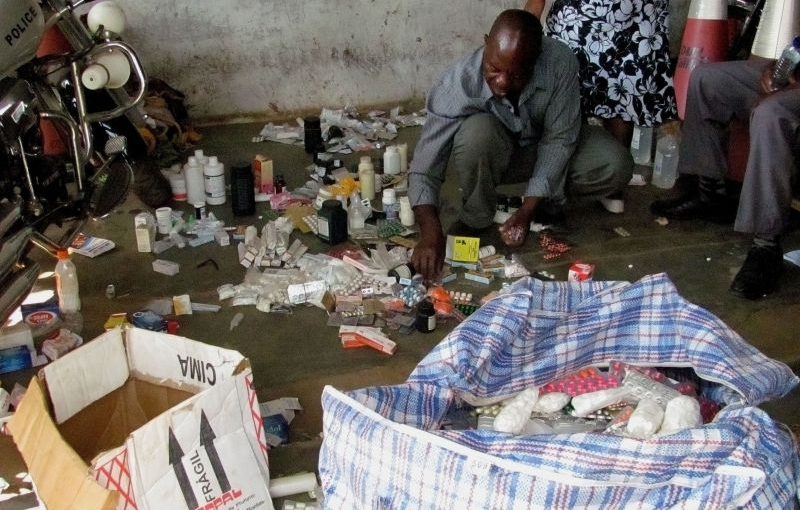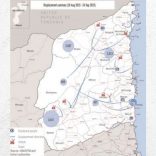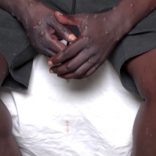Mozambique: Health workers call for replacement of government representatives
Drugs sold in the middle of the street threaten health in Mozambique

Photo: Lusa
Traditional African products for curing ailments of love continue to dispute space with antibiotics, paracetamol or malaria medication in informal markets in central Mozambique.
‘Fair’ and ’38 millimetres’ are the names of the two largest informal markets of Chimoio where medicines and medicines are sold side by side in tiny bamboo stalls.
There are no rules of transport or handling, so there are no recommendations on administration.
Some of the products are exposed to the sun and rain or in contact with other chemicals, such as insecticides.
Drugs such as penicillin, benzathine or antiretrovirals are transported by informal vendors in suitcases or even in pockets, marketed almost mutely, as if it were a drug-dealing network.
Who wants to hide diseases like AIDS ends up being conniving.
“We have been holding meetings with communities for the population to avoid buying drugs in informal places,” Mateus Mindu, a spokesman for the Manica Police Command, told Lusa.
Most of the drugs belong to the national health system, that is, they should be delivered free of charge or at reduced rates, but they are diverted from pharmacies in public hospitals and drug depots, in schemes involving state officials, according to police figures .
Sellers, without knowledge or pharmaceutical preparation, improvise tiny stalls, usually at the bottom of merchandise warehouses, or even in clinics, to give injections to patients and with no concept of dosages.
Of the various clandestine clinics that have been closed down in the province of Manica in the last year, the police highlight one in the Muda-Serração area, in Gondola village, which operated for 12 years in a house made of clay blocks and covered with grass.
The ‘clinic’, with all hospital services, was shut down in a police operation after a patient reporting the doctor’s prescription of antiretrovirals to treat his child who had malaria.
The operation was part of a police investigation into the theft, prescription, sale and administration of drugs diverted from the national health system.
According to police, there are signs that the fighting is yielding some results, but the deal resists police attacks that have occurred at least since 2011.
In 2015, the fight intensified: the Police in Manica launched operations, but it has not been able to stop the circuit, which continues operating in several markets of Chimoio and the districts.
“The operations have been carried out on a recurring basis and, if we look at the chart of sales of drugs in the informal markets, we see that it tends to reduce,” said Mateus Mindu.
Those who “continue in this practice, do it very discreetly and when they realize the presence of the police, they are fleeing,” he told Lusa, assuring that the operation now has operatives infiltrated in the markets.
Police have continued to detain several people, including salespeople and drug suppliers, some of whom have been brought to court.
As long as the circuit of medicine sales is not deactivated, medicines, such as tetracycline, which have been banned in certain situations by the World Health Organisation (WHO), remain available on the streets of Chimoio and nearby districts.












Leave a Reply
Be the First to Comment!
You must be logged in to post a comment.
You must be logged in to post a comment.